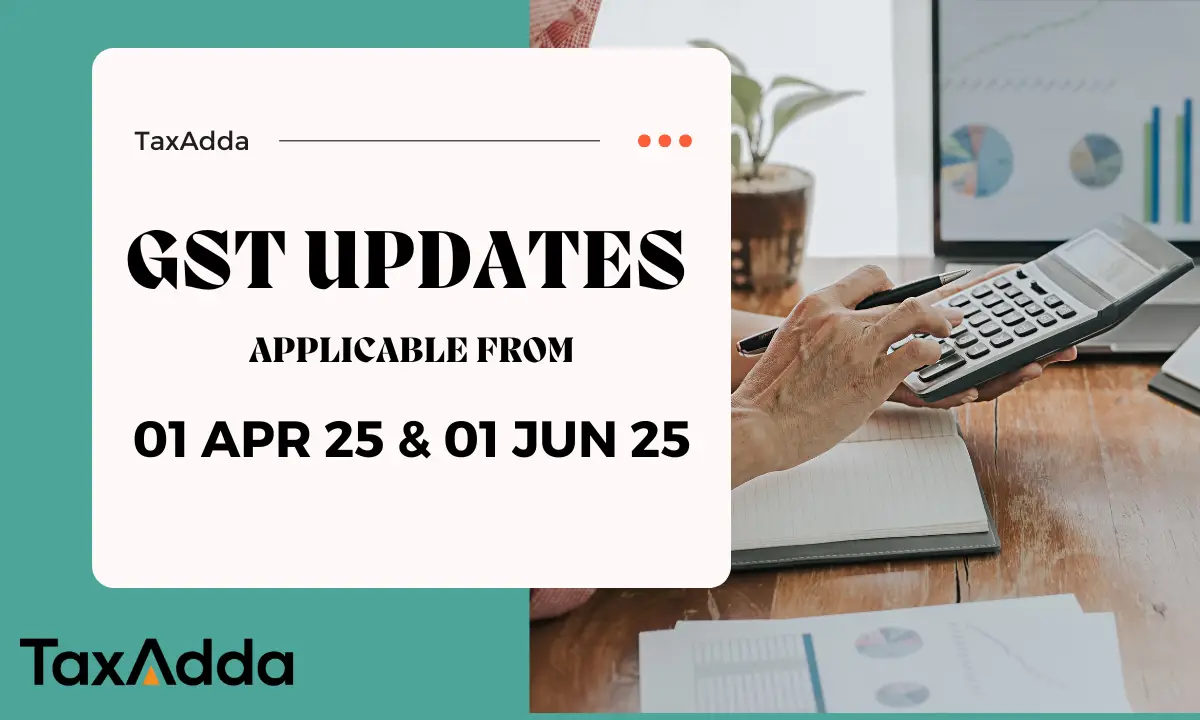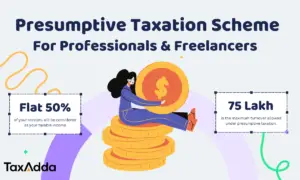Changes effective from 01 April 2025
(A.) 30 days limit for E-Invoice generation now applicable on turnover Rs.10 Crore or more : From 1 April 2025 Taxpayers having Annual Average turnover of Rs.10 Crore or more must generate E-invoice on the Invoice Registration Portal (IRP) within 30 days of issuance of Invoice.
Earlier this 30 days Rule was applicable to taxpayers having Annual Average turnover of Rs.100 crore or more. This threshold now has been reduced to Rs.10 Crore w.e.f. 01 April 2025 as per GST Advisory dated 5 Nov 2024
It means an Invoice older than 30 days can’t be uploaded on Invoice Registration Portal (IRP).
(B) Mandatory Two factor Authentication : Two-factor authentication (2FA) for e-invoices and e-way bills is now mandatory for all taxpayers. This means that in addition to your username and password, you’ll need to verify your login with a One-Time Password (OTP) sent to your registered mobile number or via the Sandes app. This requirement was implemented to enhance security and protect against unauthorized access to the GST portal. It is effective from 01 April 2025 as per GST Advisory dated 17 Dec 2024
(C) No Manual Entry of HSN Code in GSTR-1 : GSTN issued Advisory dated 11 Apr 2025 discontinuing the manual entry of HSN codes & selecting the HSN codes from drop down list, in table 12 of GSTR-1 & GSTR 1A, which is already effective from the Return period starting from April 2025. Also Table 12 is bifurcated into B2B & B2C supplies & validations checks have been introduced for checking taxable value of supply & Tax amount involved. Earlier it was announced to be implemented from the return period starting from Jan 2025 in GST Advisory dated 08 Jan 2025.
(d) Values in Table 3.2 of GSTR-3B will be Non-editable : From April-2025 tax period, inter-state supplies auto-populated in Table 3.2 of GSTR-3B which relate to supplies made to Composition dealers, unregistered dealers & UIN holders , will be made non-editable as per GST advisory dated 11 Apr 2025
The GSTR-3B shall be filed with the auto-populated values as generated by the system only on the basis of GSTR-1A or through Form GSTR-1/IFF.
So if a taxpayer wants to do any modification/amendment in auto-populated values of Table 3.2 of GSTR-3B, the same can be done only by amending the corresponding values in respective tables of GSTR-1A or through Form GSTR-1/IFF filed for subsequent tax periods.
Changes effective from 01 June 2025
Case insensitive Invoice No. for IRN generation : According to GST Advisory dated 04 Apr 2025
To ensure consistency and avoid duplication, invoice numbers reported in any format (e.g., “abc”, “ABC”, or “Abc”) would be automatically converted to uppercase (i.e. ABC ) before the IRN generation. This change aligns with the treatment of invoice numbers in GSTR-1, which already treats them as case-insensitive.
However Taxpayers are not required to make any changes in Invoice no.for this.The IRN system will convert it automatically But It is suggested that from 01 June 2025 they should try to generate in upper case only to streamline it with online system
Other Important Points for E-Invoice
- According to GST Notification 10/2023-Central Tax dt. 10-May-2023 E-invoice generation is mandatory for those Taxpayers having Annual average turnover of Rs.5 crore in any of the financial years starting from 2017-18 to 2024-25 w.e.f. 01 Aug 2023 from 01 Apr 2025, even if turnover is reduced in the current financial year. So you need to check turnover at the end of each financial year to check the applicability of E-Invoicing from the coming Financial year(if not applicable before). If e-invoicing is applicable it can not become inapplicable in later years because of turnover threshold.
- Presently E-invoice is applicable for Business to Business(B2B), Business to Government (B2G) & Export supply transactions only.
- Penalty for non-generation or False generation of E-invoice is given in section 122(1) which is 100% of tax or Rs.10000 whichever is higher.
- Further penalty u/s 122(3) may also be levied for not generating the e-invoice according the provisions of this act ,which may extend to Rs.25000.
- The new 30 days Rule of E-invoice is applicable to all type of documents i.e. Invoices, Debit Notes & Credit Notes.
- E-Invoice is not mandatory for supply attracting NIL rate or is wholly exempt. For such supplies, a “Bill of Supply” is prescribed but not a “Tax Invoice”. However, supplying taxable as well as exempted goods/services (invoice-cum-bill of supply) to a registered person , e-Invoice is mandatory as per Rule 46A of CGST Rules, 2017.


